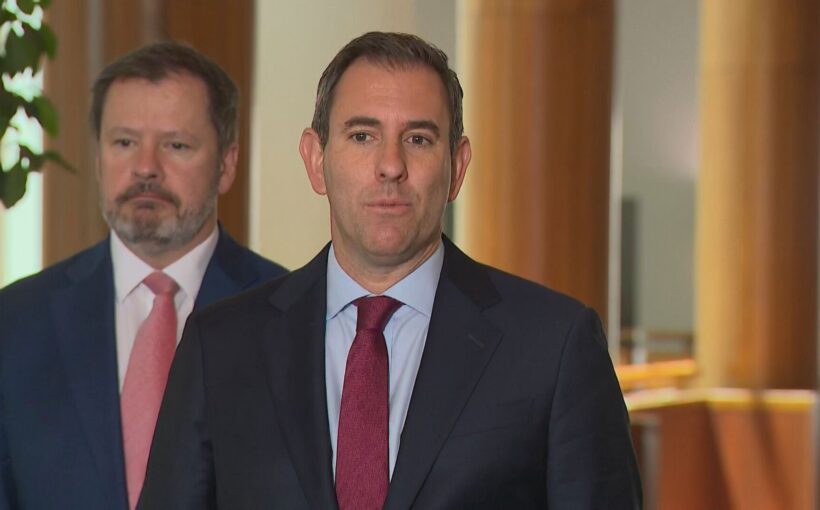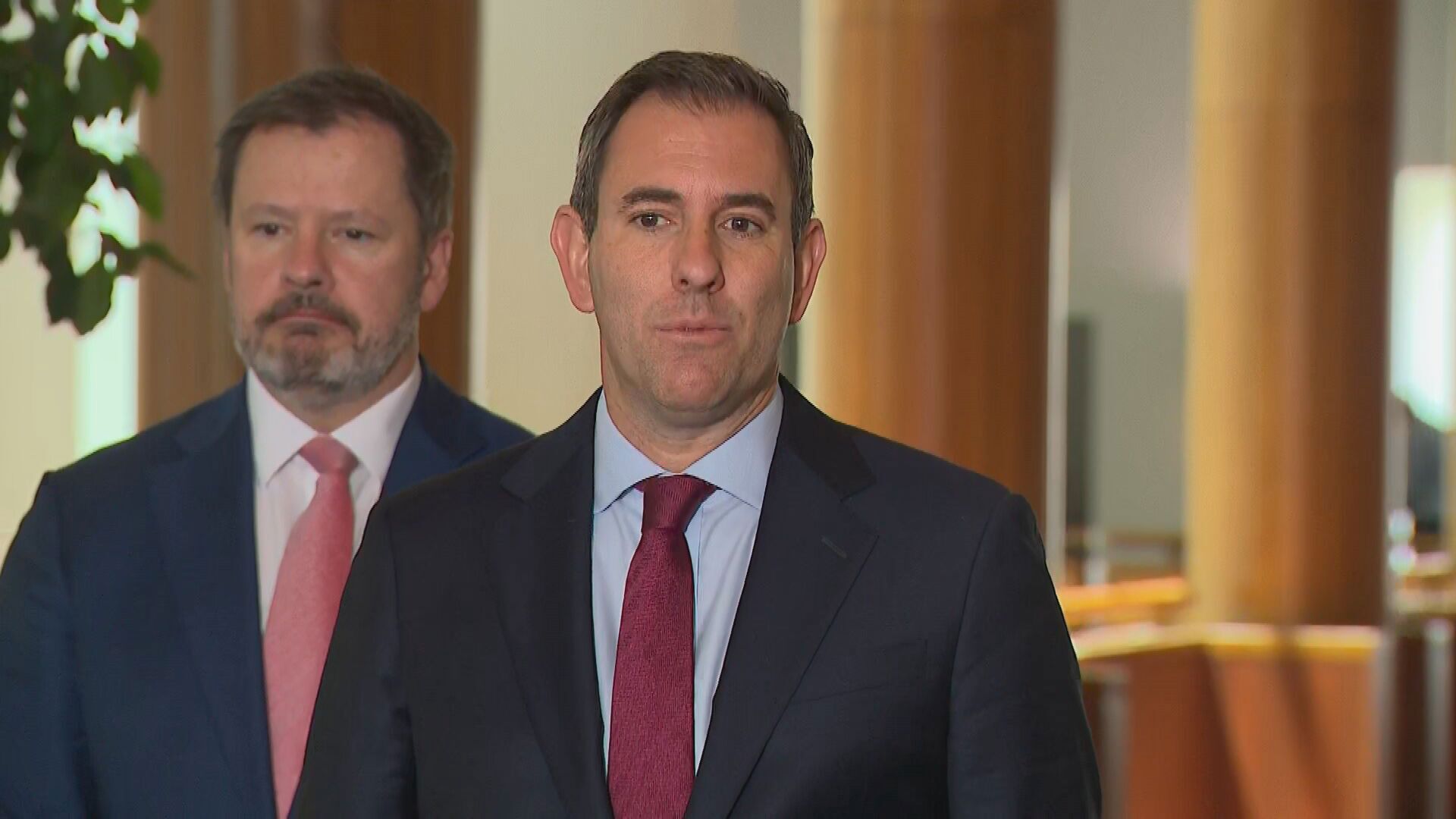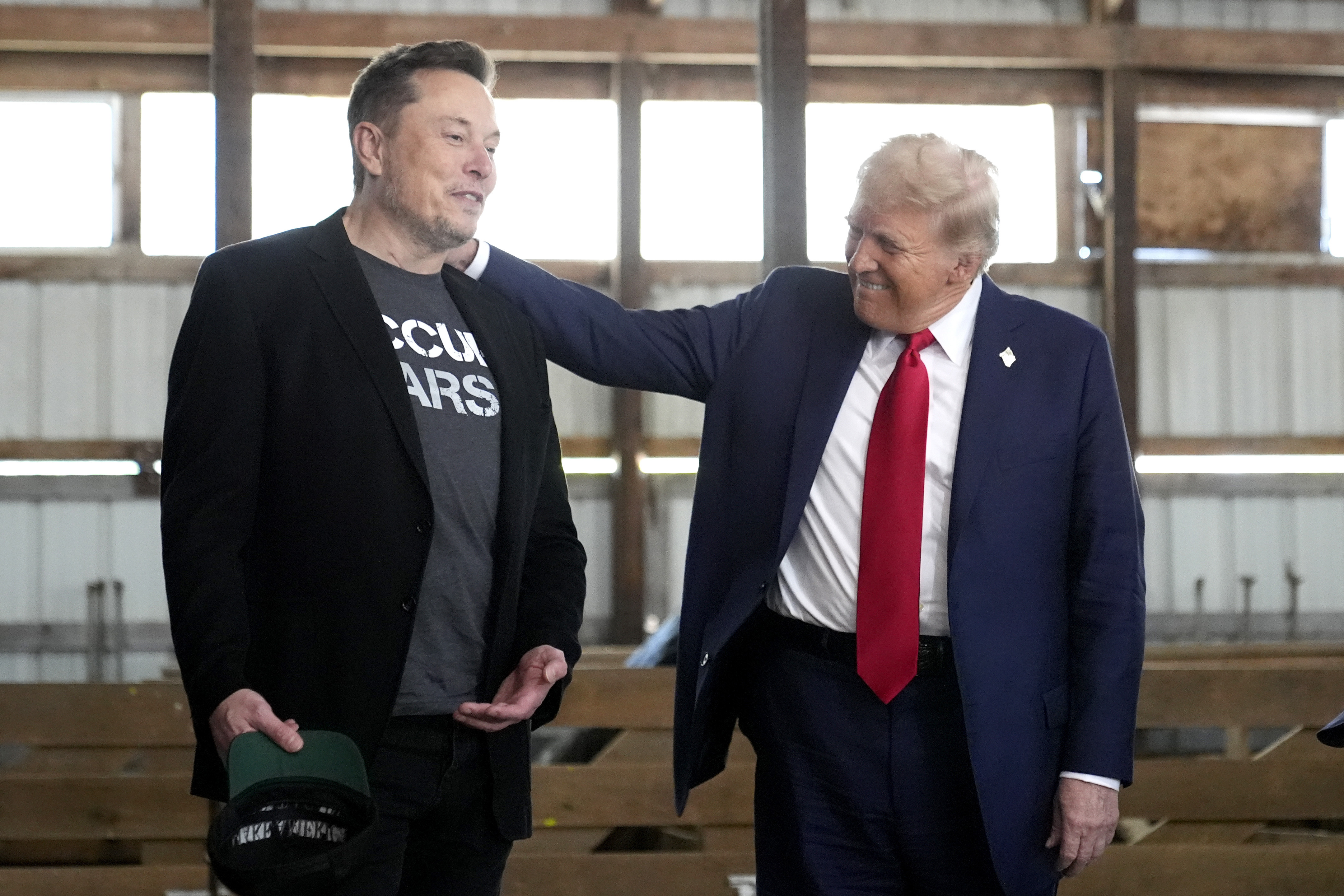Treasurer Jim Chalmers has labelled billionaire Elon Musk’s criticism of Australia’s planned social media ban for children under 16 as “unsurprising”, as federal parliament continues to scrutinise the plan.
The owner of the social media website X, formerly known as Twitter, deemed the proposal as an attempt to dominate the lives of Australians online.
“Seems like a backdoor way to control access to the Internet by all Australians,” Musk posted on X in response to a post by Prime Minister Anthony Albanese about the introduction of the bill.
Chalmers said the government’s job is “not to come up with a social media policy to please Elon Musk”.
“Our job is to put in place the necessary protection for kids online and that’s our motivation,” he said.
“We do that in the face of feedback from all quarters, we listen respectfully to the feedback we get on this policy and indeed on all of our policies, even where we don’t agree with it.
“But the idea that Elon Musk is not delighted with our steps to try and protect kids online is not a big surprise to us, nor does it trouble us greatly.”
READ MORE: Musk’s role will be to offer White House ‘advice and guidance’, says Trump
Communications Minister Michelle Rowland yesterday introduced the world-first law into Parliament that would ban children under 16 from social media, saying online safety was one of parents’ toughest challenges.
She said TikTok, Facebook, Snapchat, Reddit, X and Instagram were among the platforms that would face fines of up to $50 million for systemic failures to prevent young children from holding accounts.
Rowland said others will have to refuse accounts for people aged under 16 – but they are the only ones who’ve been explicitly named by the government.
“This bill seeks to set a new normative value in society that accessing social media is not the defining feature of growing up in Australia,” Rowland told Parliament.
“There is wide acknowledgement that something must be done in the immediate term to help prevent young teens and children from being exposed to streams of content unfiltered and infinite.”
READ MORE: How Elon Musk’s worst business decision led him to Trump
https://x.com/albomp/status/1859343019327226088
A spokesperson for Meta, the parent company of Facebook and Instagram, said the technology conglomerate would respect any age limits introduced by the government.
“We’ve already invested significantly in understanding age and ensuring age-appropriate experiences on our apps, including the recent introduction of Instagram Teen Accounts,” the spokesperson said.
“Any new laws aimed at protecting children and teens online should empower parents and be consistently applied across all apps that young people commonly use, including YouTube and online gaming.”
However Meta is concerned the government is “rushing” the legislation without “adequate consultation or evidence”.
“There are still many unknowns with respect to its implementation,” the spokesperson said.
“The legislation as drafted seems out of step with available research and expert opinions, including those from within the government, academia, industry, mental health organisations, and Australian parents and young people.”
While there is bipartisan political support for the proposed ban for teenagers to pass, the debate over whether it will actually curb the harm of social media continues.
The age limit is yet to pass parliament, so the details may yet change before they become law.
After it becomes law, the platforms would have one year to work out how to implement the age restriction.
Nationals senator Matt Canavan said while he shared concerns about the impact of social media on children, he had questions about how an age verification system would work.
“I would have liked to have a proper Senate inquiry to investigate these issues,” he said.
“Unfortunately there was nowhere near the support for that.
“The age verification requirements in the bill are broad and only require social media companies to take ‘reasonable steps’ to verify someone’s age.
“There is nothing explicit in the bill to require digital ID or any other form of ID to establish age.”
– With AP





